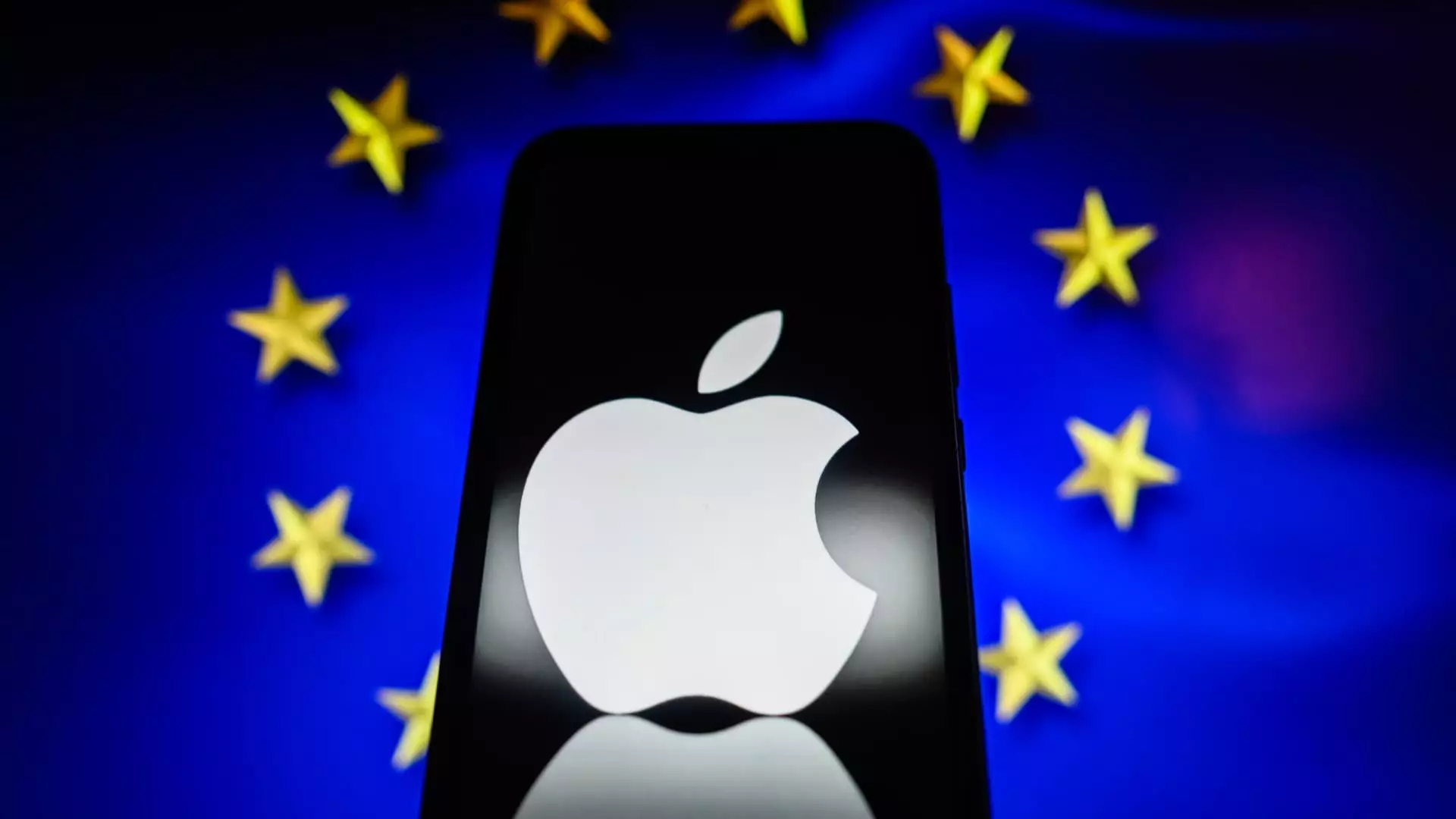Europe’s top court recently ruled against Apple in a decade-long court battle over its tax affairs in Ireland. This decision comes at a time when Apple is introducing new products to the market, hoping to revitalize its iPhone, Apple Watch, and AirPod lineups. Despite this, Apple’s shares were down by 1% in premarket trading following the court ruling. The Irish government, on the other hand, stated that the issue with Apple is now of historical relevance only and that they do not provide preferential tax treatment to any companies.
The European Commission’s Ruling
In 2014, the European Commission initiated an investigation into Apple’s tax payments in Ireland, the location of the tech giant’s headquarters in the EU. Two years later, the commission ordered Dublin to recover up to 13 billion euros in back taxes from Apple, alleging that the company had received “illegal” tax benefits over the span of two decades. Apple and Ireland contested the commission’s decision in 2019, leading to the EU General Court ruling in favor of Apple in 2020. However, the commission appealed the decision, ultimately leading to the ECJ overturning the General Court’s ruling and upholding the original 2016 decision.
This ruling against Apple is not the first time the company has faced scrutiny from the European Union. In March, the commission fined Apple 1.8 billion euros for abusing its dominant position in the market for music streaming apps. Additionally, the EU’s Digital Markets Act has prompted tech giants, including Apple, Alphabet, and Meta, to make changes to their practices in Europe. These ongoing investigations and fines signify the EU’s commitment to regulating and holding U.S. tech companies accountable for their actions in the region.
Following this ruling, Apple will likely have to comply with the European Commission’s decision and pay the back taxes owed to Ireland. This outcome could impact Apple’s financial standing in the short term, as the company adjusts to the additional tax liability. Moreover, the ongoing investigations and fines from the EU could potentially shape Apple’s future business strategies and operations in Europe. It remains to be seen how Apple will navigate these challenges and maintain its market presence in the region amidst increasing regulatory scrutiny.
The ECJ’s ruling against Apple marks a significant development in the tech giant’s ongoing legal battles with the European Union. As Apple continues to face regulatory challenges and fines in Europe, the company will need to adapt its business practices and comply with the EU’s regulations to operate successfully in the region. The repercussions of this ruling and the broader implications for U.S. tech companies operating in the EU highlight the complexities of international tax laws and the evolving regulatory landscape in the tech industry.



Leave a Reply